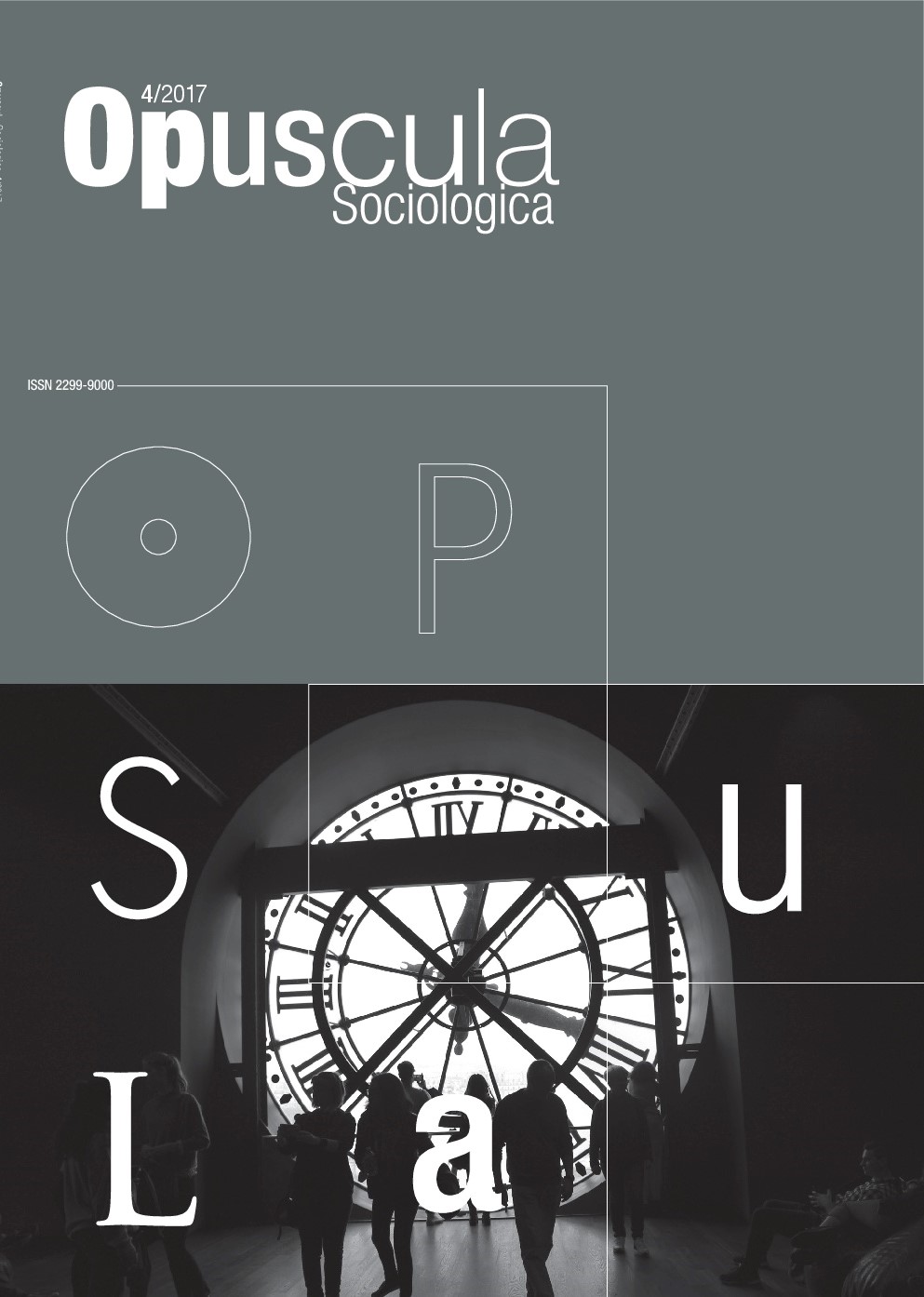O architekturze umacniania w opiece hospicyjnej nad dzieckiem jako wyzwaniu dla pracy socjalnej
On the Architecture of Strengthening Hospice Care for Children as a Challenge of Social Work
Author(s): Katarzyna Ornacka, Elżbieta MirewskaSubject(s): Social Sciences, Sociology
Published by: Wydawnictwo Naukowe Uniwersytetu Szczecińskiego
Keywords: empowerment; children; hospice care; personalistic social work; the concept of resilience; positive disintegration
Summary/Abstract: The essence of social work is to care for another person, their good, support and help in solving life problems. However, the nature of aid is dependent on the social group’s perspectives to help, and thus the launch of an integrated system with its infrastructure, professional staff and the canon of rights and privileges. In the feld of social work with a child terminally ill, empowerment is increasingly used. There are two concepts to complement it: resilience, which facilitates the understanding of the mechanisms of positive adaptation of the small patient and its carers in the face of illness, and positive disintegration, aimed at sanctioning the rights and privileges of this social group (terminal patient and their carers). The personal situation of the patient limits them to experience fullness of life. These approaches may be useful in building a therapeutic-assistance relationship with a child in hospice care. However, their use in the practice of social work requires professionals to be mindful and to engage the child in a process of change that is directed towards improving the quality of life for them and their carers. In this paper, the authors focus on the role that the support system for terminally ill children has in the reinforcement approach. In their reflections, they present a model of consolidation architecture developed by them, whose key pillars form the basis of social work with a person in need of support and assistance. These pillars for professionals involved in clinical social work can be a source of thought in their professional day-to-day activities.
Journal: Opuscula Sociologica
- Issue Year: 22/2017
- Issue No: 4
- Page Range: 37-53
- Page Count: 17
- Language: Polish

